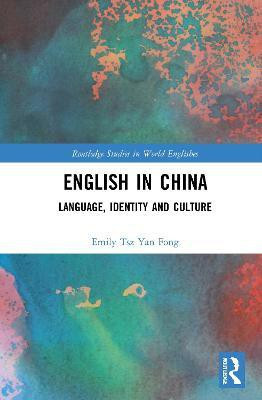English in China(English, Paperback, Fong Emily Tsz Yan)
Quick Overview
Product Price Comparison
This volume explores Chinese identity through the lens of both the Chinese and English languages. Until the twentieth century, English was a language associated with capitalists and "military aggressors" in China. However, the massive progression of globalisation in China following the 1980s has transformed the language into an important tool for China's modernisation. Regardless of the role English plays in China, there has always been a fear there that the spread of culture(s) associated with English would lead to weakening of the Chinese identity. This fear resulted in the development of the ti-yong principle: "Chinese learning for essence (ti), Western learning for utility (yong)." Fong's book aims to enhance understanding of the ti-yong dichotomy in relation to people's sense of being Chinese in China, the penetration of English into non-English speaking societies, the resultant tensions in people's sense of personal and national identity, and their place in the world. Using Q methodology, the book presents observations based on data collected from four participant groups, namely high school and university students, teachers and parents in China, to investigate their perspectives on the status and roles of English, as well as those of Chinese. Considering the growing international interest in China, this volume will appeal to readers interested in China's contemporary society in general, its language, culture and identity. It will be a useful resource for academics, researchers and students in the field of applied linguistics, language education and Chinese cultural studies and can also be adopted as a reference book for undergraduate courses relating to language, identity and culture.


